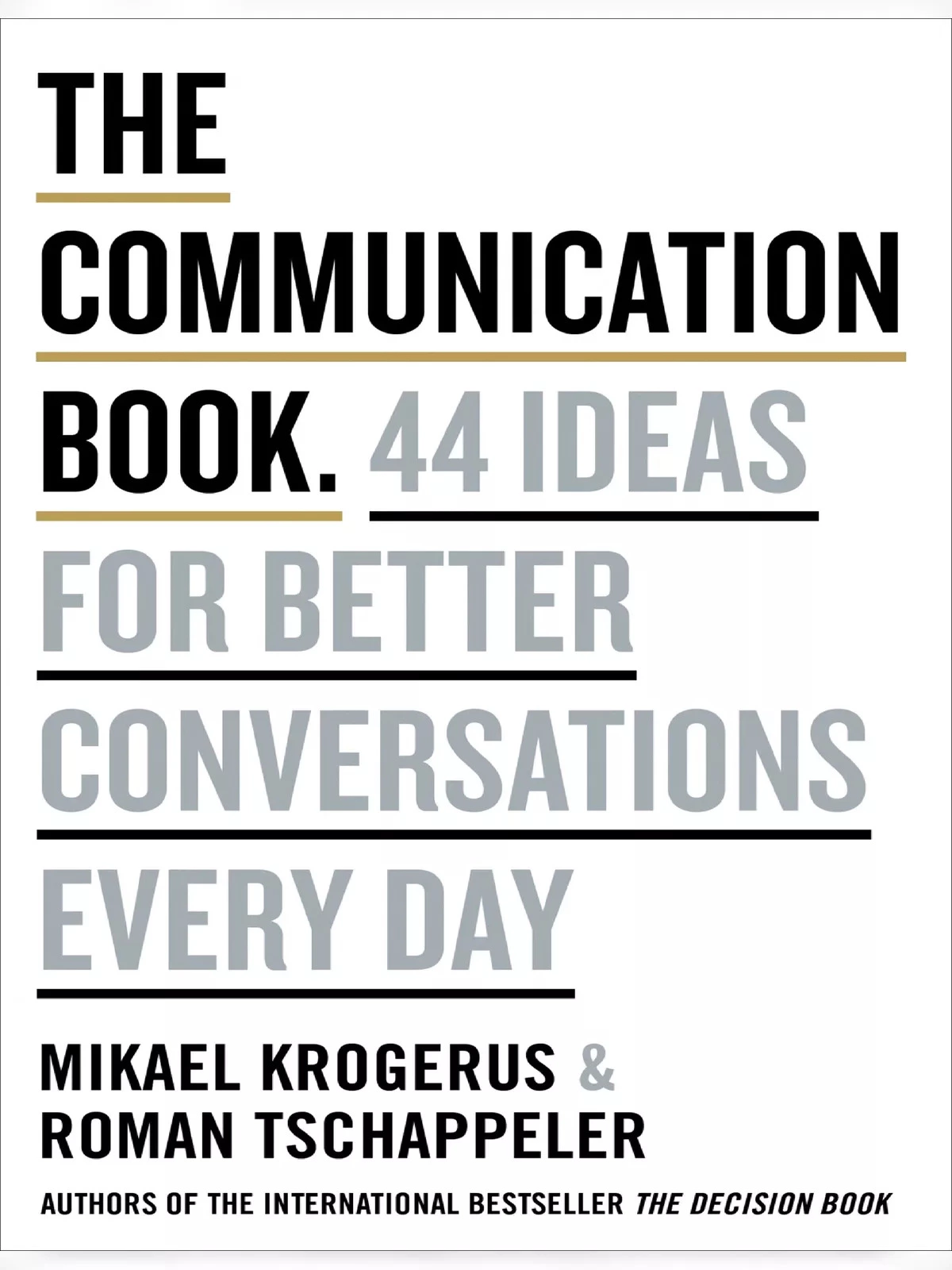
The Communication Book 44 Ideas
Communication is a bit like love – it’s what makes the world go round, but nobody really knows how it works. A communication book is a book of symbols, pictures and photos that a child will learn to point to, to communicate with those around them. Why use a communication book? Speech is difficult for some children. They may find it difficult to make people understand what they are trying to say.
The Communication Book 44 Ideas – For Better Conversation Daily
Theory Of Rhetoric
- Anaphora: repetition of a word or phrase, typical in political speeches: ‘I demand justice. I demand understanding. I demand.’
- Inversion: reversing the usual word order, such as in ‘Infinite is his sorrow’ (instead of ‘His sorrow is infinite’).
- Irony: saying one thing when you really mean the opposite, e.g. ‘I really enjoyed being stuck in that traffic jam.’
- Rhetorical questions: questions that make a statement, e.g. ‘Would you like shiny, glossy hair?’
- Analogies (comparisons): ‘He stood there like a dying duck in a thunderstorm’ (banal) or ‘He was as confused as a comma at the end of a sentence’ (creative).
- Antithesis: a contrasting thought to produce tension, e.g. ‘He was beautiful, strong and unhappy.’
Principled Negotiation
- Thing, not person: do not be distracted by whether you like the other person or not.
- Similarities, not differences: don’t think: I am in the weaker [or stronger] negotiating position. Ask yourself: What does the other person need from me? Do we have common interests?
- Good enough, not perfect: you should not be aiming for the maximum possible. Because perfection is like the unicorn: it’s rumoured to exist, but nobody has ever seen it. So, alongside your desired outcome to the negotiation, have a Plan B prepared before negotiations even start. This is called the BATNA Principle (Best Alternative to a Negotiated Agreement). It offers the best alternative when an agreement can’t be reached.
When We Think Of The Best Arguments
Four tricks to avoid being nervous:
- Expose yourself repeatedly to the same situation (so‑called ‘practice under pressure’), whereby the situation loses its uniqueness.
- Wait five seconds before answering – your answer might not be any cleverer, but it comes across as weightier.
- Not so easy: imagine that you’re not in an interviewbut sitting in the pub with friends.
- Keep in mind that although being quick-witted can be impressive in an interview, it is seldom required in most jobs.